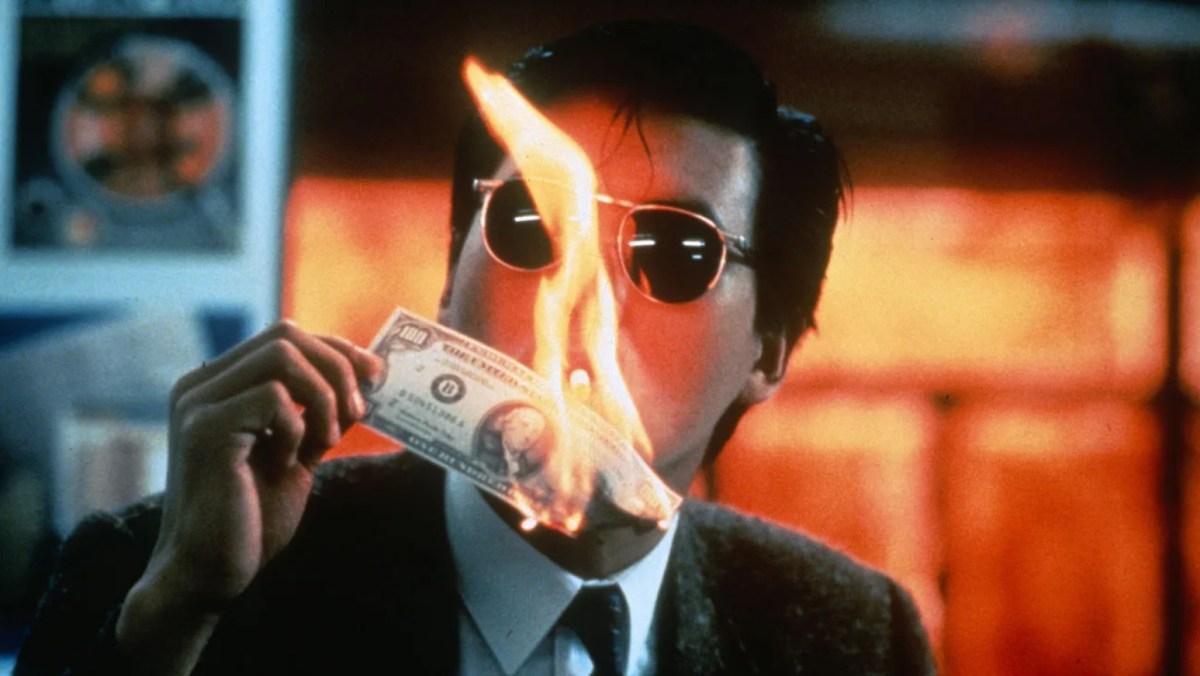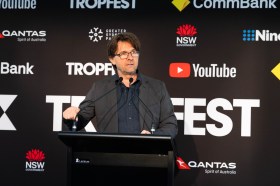Certain studios had a surprise for attendees of the 27th Shanghai International Film Festival this week, where they unveiled a major new initiative to use AI to both restore – and reimagine – 100 classic martial arts films.
As reported in The Hollywood Reporter: the project is titled the Kung Fu Movie Heritage Project 100 Classics AI Revitalization Project, and it aims to bring ‘updated visuals, sound, and production elements’ to iconic titles from China’s cinematic history.
Among the films selected for the initiative are Bruce Lee’s Fist of Fury (1972), Jackie Chan’s Drunken Master (1978), Jet Li’s Once Upon a Time in China (1991), and John Woo’s A Better Tomorrow (1986).
The latter is also being adapted into what is being described as ‘the world’s first full-process, AI-produced animated feature film’, A Better Tomorrow: Cyber Frontier. In layman’s terms, that means the original film will be put into an AI moving image generator – which will presumably be prompted to transform it into a ‘cyberpunk’ style animated work that doesn’t involve any real animators.
Project leaders say the work on most of the films will involve a combination of generative AI tools to upgrade image quality, enhance sound, and reframe production design while preserving the original narrative and aesthetic intentions. The digital reworking will also include synchronised sound design, ambient noise, and dialogue generation matched to the on-screen visuals.
It sounds a lot like George Lucas’ extensive reworking of the original Star Wars trilogy – since it goes beyond mere restoration – but with an artificial intelligence at the helm.
Why China is using AI to enhance classic films
Chairman of the China Film Foundation, Zhang Pimin, described the effort as ‘a brave exploration of the innovative development of film art,’ calling the selected titles ‘aesthetic historical treasures’ being updated to, in his words, suit contemporary viewing expectations.
Tian Ming, chairman of project partner Shanghai Canxing Culture and Media, said the goal is to both honour the original works and explore new visual directions. ‘We sincerely invite the world’s top AI animation companies to jointly start a film revolution that subverts tradition,’ Tian said.
A fund of 100 million yuan (approximately AUD $21 million) has been established to support the work.
ScreenHub: Progress or slop? Darren Aronofsky just debuted his first GenAI film, Ancestra
The project is a collaboration between several organisations, including the China Film Foundation’s Film and Urban Development Special Fund, Quantum Animation (the studio behind A Better Tomorrow: Cyber Frontier), and other major partners in China’s media and technology sectors.
The announcement comes amid increasing government interest in AI development. In 2023 and 2024, Chinese regulators introduced guidelines aimed at managing generative AI use in media, including the Interim Measures for the Management of Generative Artificial Intelligence Services and the Measures for the Identification of Synthetic Content Generated by Artificial Intelligence. These policies are designed to ensure what authorities describe as the ‘healthy and orderly development’ of AI in creative industries.
AI-generated content also featured prominently in the festival’s opening night montage, which included AI-enhanced footage of films like Roman Holiday (1953).
Speaking at the launch, Zhai Xuelian, secretary general of the China Science Fiction Industry Investment Alliance, said the initiative reflects ‘the future development direction of traditional classic film and television,’ suggesting that such emerging technologies will play a greater role in how cultural heritage is preserved and shared.
While similar debates around the use of generative AI are ongoing here and around the world, these Chinese studios appear to be moving ahead with large-scale implementation in both restoration and content creation.





